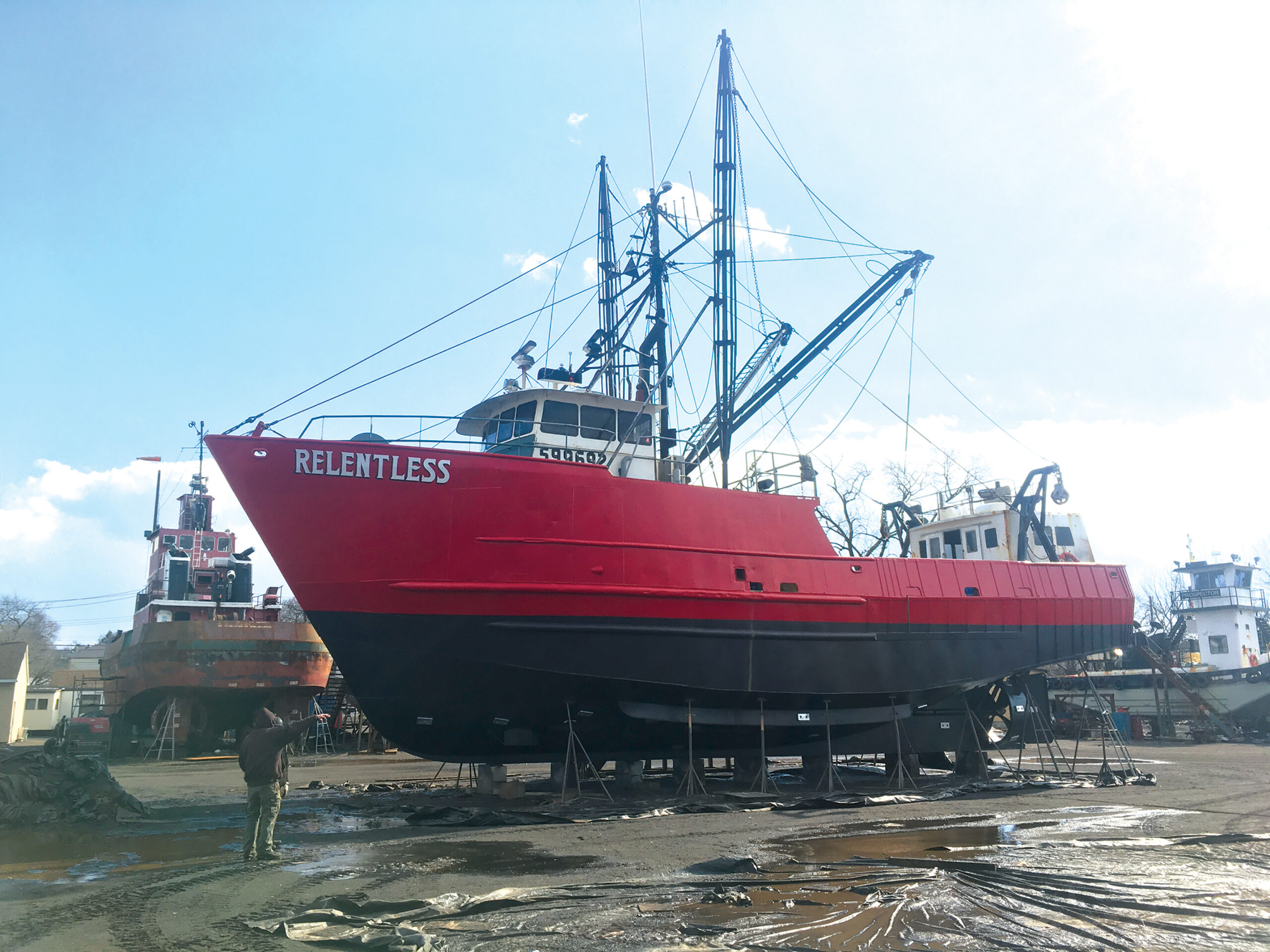Rhode Island Judge Rules Against Fishermen in Companion Case to Loper Bright
By
| July 16, 2025
A federal judge in the District of Rhode Island ruled in favor of the government yesterday in Relentless v. Department of Commerce, the companion case to Loper Bright v. Raimondo, which was sent back to lower courts on remand after the Supreme Court’s historic decision last year. With the end of Chevron, the district court was tasked with re-evaluating the government’s arguments for whether the National Marine Fisheries Service (“NMFS”) had authority to require certain commercial fishermen to pay the salaries of the government-approved monitors who ride their boats to watch them fish.
The judge in Relentless identified two bases for the legality of the industry-funding mandate. First, it looked to a provision of the Magnuson-Stevens Act (“MSA”), Section 1853(b)(8), which permits a fishery management plan to “require that one or more observers be carried on board a vessel . . . for the purposes of collecting data[.]” The court did not purport to construe the phrase “be carried on board,” nor did it apply any traditional canons of construction. It rather concluded, in summary fashion, that industry funding was defensible as a kind of compliance cost. In so doing, it relied solely on Judge William Kayatta’s concurrence in Goethel v. Department of Commerce, and his assertion that “the default norm, manifest without express statement in literally hundreds of regulations, is that the government does not reimburse regulated entities for the cost of complying with properly enacted regulations, at least short of a taking.”
Second, the district court concluded the industry-funding mandate was permitted by the MSA’s catchall “necessary and appropriate” provision, which it determined, “in no uncertain terms, delegates . . . a large degree of discretionary authority.” The court did not, however, address the boundaries of that discretion but simply reiterated its prior decision that adoption of industry funding “reflect[ed] reasoned decisionmaking” under the Administrative Procedure Act’s arbitrary-and-capricious standard of review.
The fishermen’s various other arguments about broader statutory context were unavailing. The district court noted that, in its estimation, the existence of a penalty provision for nonpayment of “observer services provided to or contracted by an owner of operator” would make little sense if Congress had not intended to provide NMFS with discretion to promulgate a rule like the industry-funding mandate. The court buttressed that conclusion with the broader “purpose” and “policy undergirding the MSA.” The district court also dismissed the fishermen’s negative-implication arguments that focused on narrower, specific grants of industry-funding authority for foreign fishing vessels, limited access privilege programs, and fisheries in the North Pacific. Finally, the court rejected any reliance on legislative history, which is “‘not the law.’”
A Few Observations
It is quite striking how the district court in Relentless omitted any in-depth analysis of its construction of the MSA. It did not grapple with the actual text of the Act and, more disturbingly, did not explain how it was applying (or not!) the traditional canons of statutory construction. For example, with the notion of compliance costs, the court neglected to explain why a vessel’s obligation to “carry” an observer entails, as a textual matter, the concomitant duty to cover the observer’s “travel costs and daily salar[y].” The court did claim the fishermen’s argument on this point—specifically, that paying a monitor’s salary was qualitatively different than any reasonable, common-sense compliance cost—“‘face[d] an uphill textual climb,’” yet it hardly fleshed that out in any meaningful way. Why did that argument face textual difficulties? What, exactly, does it mean to “carry” an observer? What other financial responsibilities do vessel operators and owners have with respect to observers? These questions remain unanswered.
Even more alarming is the district court’s analysis of the MSA’s “necessary and appropriate” provision. Although the court acknowledged its duty under Loper Bright to “recogniz[e] constitutional delegations, [and] fix[] the boundaries of the [agency’s] delegated authority,” it did not do so here. Judge Smith mischaracterized the entire legal dispute, transforming a fight over legal meaning—i.e., what do “necessary” and “appropriate” mean in the context of discretionary elements of fishery management plan—into a question of “hard look” review. Indeed, the Relentless opinion contains scant discussion about any limits of the government’s authority, apart from a cross-reference to the policy goals undergirding the MSA, as well as its National Standards. The court did reject the fishermen’s arguments as effectively “read[ing] Subsection (b)(14) out of the statute,” but that hardly amounts to positive engagement with the statutory text. And that is perhaps the most pernicious aspect of the Relentless decision. It leaves the door open to much regulatory mischief that can be justified in the ambiguous name of whatever is deemed by NMFS as “necessary and appropriate” for the conservation and management of domestic fisheries.
Read the district court opinion here.


